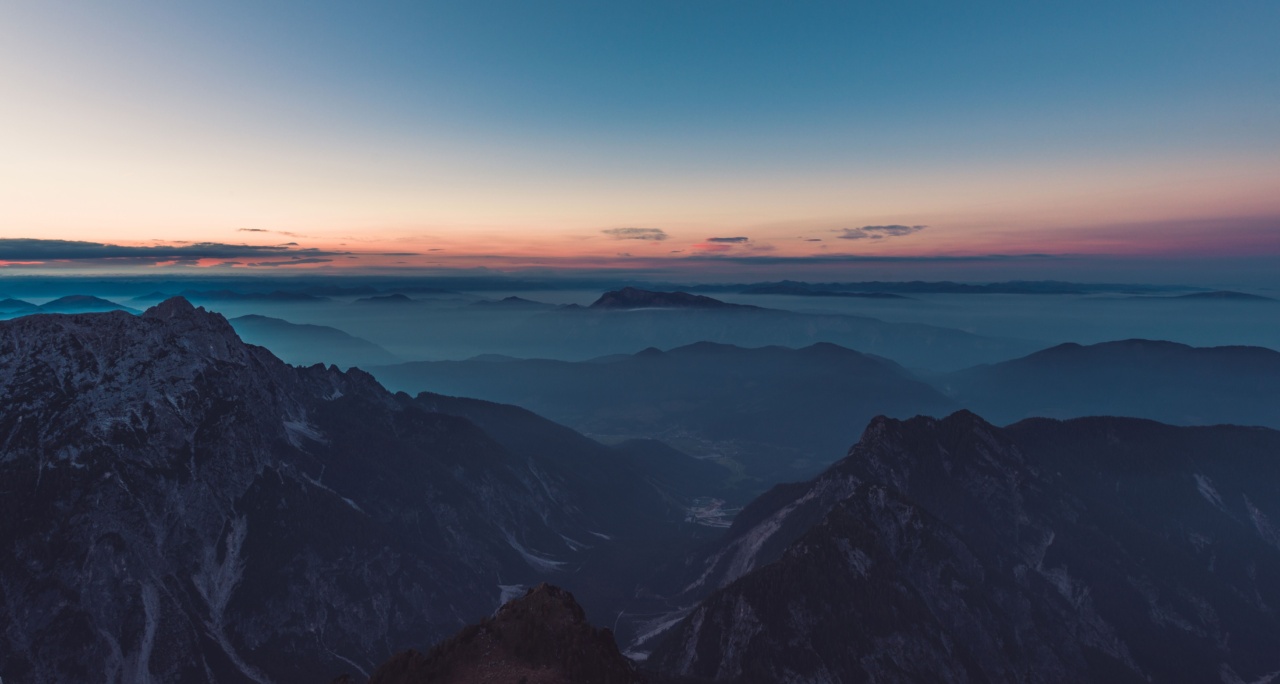High blood pressure, also known as hypertension, is a common condition that affects millions of people worldwide.
It is a condition where the blood pressure in the arteries is consistently higher than normal, which can increase the risk of heart disease, stroke and other health problems. A number of factors can contribute to high blood pressure, including age, genetics, unhealthy lifestyle habits such as excessive salt intake, lack of exercise and obesity.
While medication is often prescribed to manage high blood pressure, there are also several natural remedies that can help to lower blood pressure, including taking a morning walk.
What is High Blood Pressure?
Blood pressure is the force of blood against the walls of the arteries as it flows through the body.
It is measured in millimeters of mercury (mm Hg) and recorded as two numbers – the first (systolic) number represents the pressure in the arteries when the heart beats and pumps blood, while the second (diastolic) number represents the pressure in the arteries when the heart is at rest between beats. A normal blood pressure reading is less than 120/80 mm Hg. High blood pressure is defined as a reading of 130/80 mm Hg or higher.
When left uncontrolled, high blood pressure can lead to serious health problems such as heart disease, stroke, kidney disease and vision loss.
The Benefits of Taking a Morning Walk
Walking is a low impact exercise that can be done by people of all ages and fitness levels.
It is a simple and effective way to improve cardiovascular health, reduce the risk of chronic diseases such as diabetes and obesity, and manage stress and anxiety. Walking in the morning has been shown to have additional benefits such as increased energy levels, improved mental clarity and mood, and better sleep quality.
How Does Taking a Morning Walk Help Lower Blood Pressure?
Walking is one of the best exercises for maintaining a healthy blood pressure. It helps to reduce the stiffness of the blood vessels, improve circulation and increase the diameter of the arteries, all of which can help to lower blood pressure.
A morning walk can also help to reduce stress levels, which is an important factor in high blood pressure. When we are stressed, our body releases hormones such as adrenaline and cortisol, which can cause our blood pressure to rise.
Walking in the morning can help to reduce stress levels and promote relaxation, which in turn can help to lower blood pressure.
How Often and How Long Should You Walk?
The American Heart Association recommends that adults engage in at least 150 minutes of moderate-intensity aerobic exercise or 75 minutes of vigorous-intensity aerobic exercise per week for overall cardiovascular health.
This translates to approximately 30 minutes of brisk walking per day for five days a week. However, even a shorter walk can be beneficial for lowering blood pressure. Studies have shown that just 30 minutes of moderate exercise, such as walking, can help to lower blood pressure for up to 24 hours.
How to Get Started
Before starting any exercise program, it is important to talk to your doctor, especially if you have any medical conditions or are taking medications.
Once you get the green light from your doctor, you can start incorporating walking into your daily routine. Here are some tips to get started:.
- Start slowly and gradually increase the duration and intensity of your walk.
- Make walking a habit by scheduling it into your day, such as walking before or after work or during lunchtime.
- Find a walking partner or join a walking group to make it more enjoyable and help you stay accountable.
- Wear comfortable shoes and clothing and bring water with you to stay hydrated.
Conclusion
Taking a morning walk is a simple and effective way to lower blood pressure naturally. It can also provide numerous other health benefits such as improved cardiovascular health, reduced stress levels and improved mental clarity and mood.
If you are looking for a natural way to manage your blood pressure, then taking a daily morning walk should definitely be part of your routine.



























